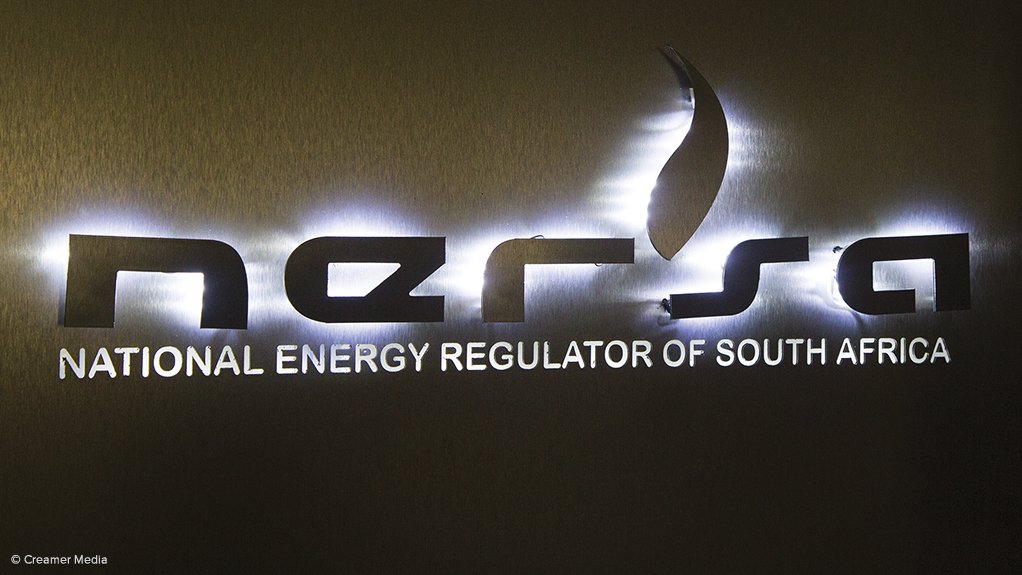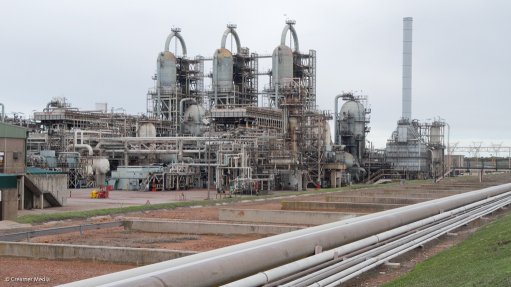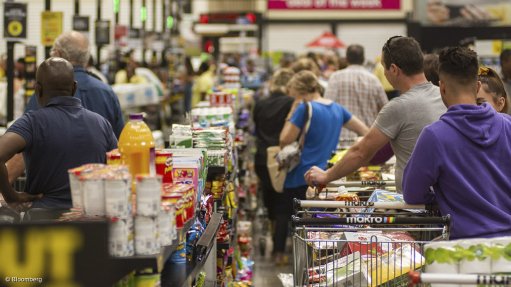Nersa reiterates that it has not approved Sasol’s 96% gas hike
The National Energy Regulator of South Africa (Nersa) says it has not approved an increase in the maximum price of pipeline gas to R133/GJ and insists that it “would not approve any increase which doubles its previously approved maximum gas price” of R68.39/GJ.
It also insists that only Sasol Gas, which has confirmed that the 96% hike became effective from August 1, could respond to questions regarding the basis for the increase.
Sasol Gas has indicated that it informed both Nersa and its customers that the price of piped gas sold in South Africa would increase to R133.34/GJ from the start of August.
The company says it submitted the revised price to Nersa on May 29 together with a request that the regulator confirm that the price was in compliance with the 2021 Nersa Maximum Gas Price decision.
“In its efforts to confirm its compliance, Sasol Gas also engaged with Nersa on several occasions after this submission,” the company tells Engineering News.
Sasol says it has noted a media statement released by Nersa on August 4, in which the regulator states that it has not approved the “excessive increases in gas prices that have been announced by one of its licensees”.
However, the JSE-listed group insists that the price increase is compliant with Nersa’s 2021 decision and has been determined using the approved calculation methodology prescribed in that decision.
“Applying this approved adjustment method yields a maximum gas price of R273.43/GJ,” Sasol reports, adding that it did not pursue such an increase, owing to the negative implications for its customers.
However, Nersa says the maximum price arising from its application of the methodology is “well below R100/GJ”, against which Sasol Gas is then expected to provide a discount in line with objectives stipulated in Section 22 of the Gas Act, of 2001.
Nersa also insists that any increase above the R68.39/GJ approved is “tantamount to setting a new gas price” that is excessive, as only the Energy Regulator is permitted to approve maximum gas prices.
The 2021 decision, Nersa asserts, was influenced by competitive market conditions that prevailed at the time, which it acknowledged pre-dated the subsequent international price shocks.
It adds that the decision was subjected to a rationality test, wherein costs were considered. “Nersa has no information of gas costs that increased by 96% which justify a corresponding increase in the price.”
However, while the Industrial Gas Users Association of Southern Africa (IGUA-SA) has been calling for a cost-based methodology, the current methodology is based on a benchmark of international gas prices associated with the US Henry Hub, the Dutch Title Transfer Facility and the UK National Balancing Point.
Nevertheless, the regulator tells Engineering News that it is considering various options including:
- a new maximum price subjected to a rationality test prescribed in its methodology;
- an adjustment factor that is cost reflective;
- a legal route which seeks to set aside part of its decision and remit it to Nersa;
- an investigation and adjudication over excessive or unreasonable gas price increases.
No timeframe was provide for the selection and implementation of the options under consideration.
In the meantime, the IGUA-SA has described the hike as “untenable” and has warned of possible manufacturing cutbacks, as well as potential increases in those essential foodstuffs produced using gas.
IGUA-SA calculates the hike will cost the South African economy R325-million a month and, thus, poses a risk to an already struggling and weakened South African economy.
“On the one hand, businesses are facing closure across the manufacturing sector, whilst on the other hand it would appear that the gas industry is heading for a regulatory void from a Nersa gas-pricing perspective,” CEO Jaco Human says.
He has called for an unambiguous response from Nersa, including the adoption of a methodology that uses Sasol’s cost base as the main reference point for setting prices.
Comments
Press Office
Announcements
What's On
Subscribe to improve your user experience...
Option 1 (equivalent of R125 a month):
Receive a weekly copy of Creamer Media's Engineering News & Mining Weekly magazine
(print copy for those in South Africa and e-magazine for those outside of South Africa)
Receive daily email newsletters
Access to full search results
Access archive of magazine back copies
Access to Projects in Progress
Access to ONE Research Report of your choice in PDF format
Option 2 (equivalent of R375 a month):
All benefits from Option 1
PLUS
Access to Creamer Media's Research Channel Africa for ALL Research Reports, in PDF format, on various industrial and mining sectors
including Electricity; Water; Energy Transition; Hydrogen; Roads, Rail and Ports; Coal; Gold; Platinum; Battery Metals; etc.
Already a subscriber?
Forgotten your password?
Receive weekly copy of Creamer Media's Engineering News & Mining Weekly magazine (print copy for those in South Africa and e-magazine for those outside of South Africa)
➕
Recieve daily email newsletters
➕
Access to full search results
➕
Access archive of magazine back copies
➕
Access to Projects in Progress
➕
Access to ONE Research Report of your choice in PDF format
RESEARCH CHANNEL AFRICA
R4500 (equivalent of R375 a month)
SUBSCRIBEAll benefits from Option 1
➕
Access to Creamer Media's Research Channel Africa for ALL Research Reports on various industrial and mining sectors, in PDF format, including on:
Electricity
➕
Water
➕
Energy Transition
➕
Hydrogen
➕
Roads, Rail and Ports
➕
Coal
➕
Gold
➕
Platinum
➕
Battery Metals
➕
etc.
Receive all benefits from Option 1 or Option 2 delivered to numerous people at your company
➕
Multiple User names and Passwords for simultaneous log-ins
➕
Intranet integration access to all in your organisation





















